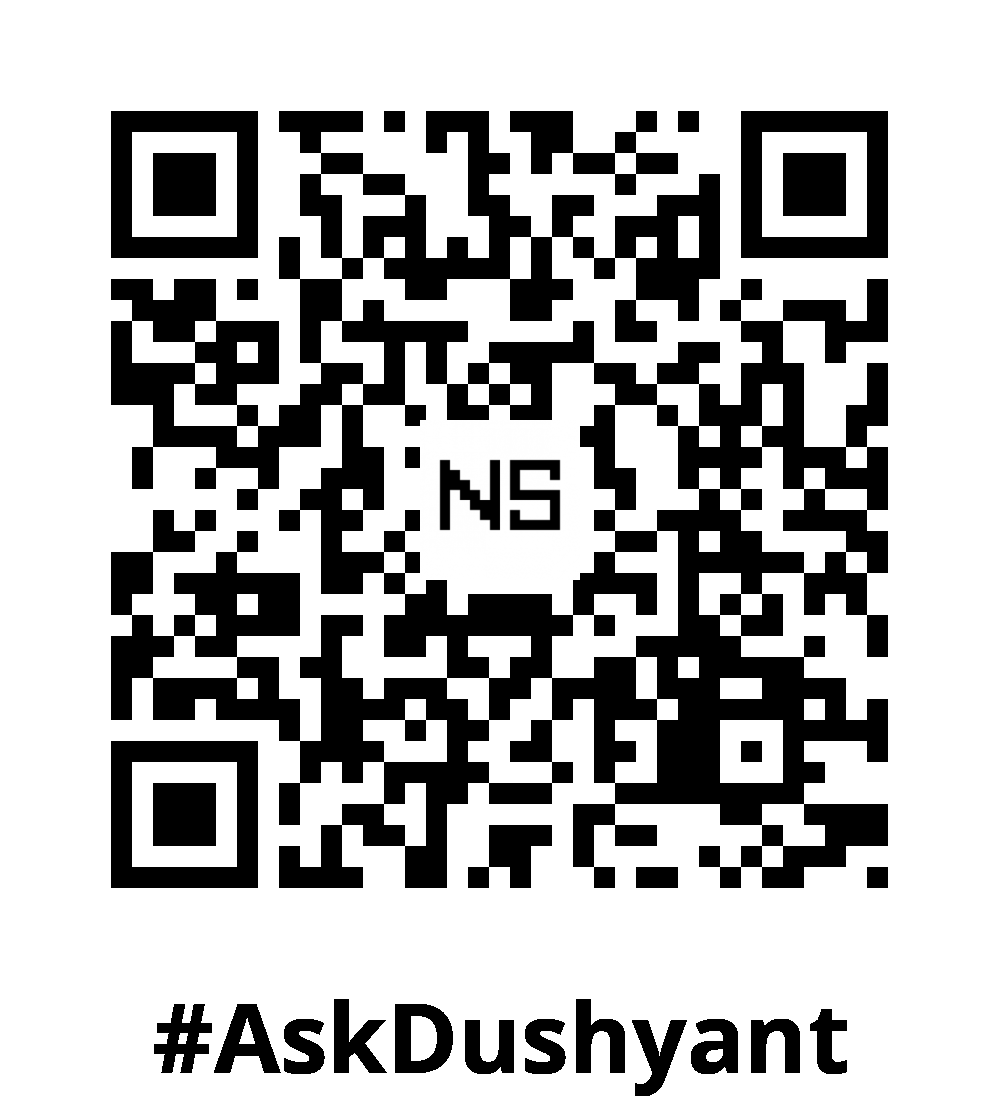Legacy datasets often contain mixed or unknown character encodings, causing garbled text, unexpected symbols, or errors in data processing. These encoding issues arise due to differences in character sets, improper file conversions, or incompatibility with modern applications.
In this tech concept, we will explore how to detect, fix, and standardise encoding issues in legacy text files using PHP. We’ll cover encoding detection, automatic conversion, and best practices to ensure clean, readable text. For over two decades, I’ve been at the forefront of the tech industry, championing innovation, delivering scalable solutions, and steering organizations toward transformative success. My insights have become the trusted blueprint for businesses ready to redefine their technological future.
Understanding Encoding Issues in PHP
Before we dive into solutions, let’s explore common encoding issues in legacy files with examples:
- Unknown or Mixed Encodings – Older datasets may use ISO-8859-1, Windows-1252, or Shift-JIS instead of UTF-8.
- Example: A file encoded in Windows-1252 may display characters like “’” instead of an apostrophe.
- Mojibake (Corrupt Text) – When files are opened with the wrong encoding, characters appear as garbled symbols.
- Example: The word “München” (Munich in German) might appear as “München” due to incorrect decoding.
- Non-Standard Characters – Some files contain special characters that don’t map correctly between encodings.
- Example: The euro symbol (€) may be replaced with a question mark (?) in incompatible encodings.
- Byte Order Marks (BOMs) – Some files may include BOM markers that interfere with processing.
- Example: A UTF-8 file with BOM may cause unexpected characters () to appear at the beginning of a text file.
Step 1: Detecting Encoding in a File
Detecting the encoding of a file in PHP can be done using the mb_detect_encoding() function.
Using mb_detect_encoding to Detect Encoding
<?php
// Read file content
$filename = "legacy_file.txt";
$content = file_get_contents($filename);
// Detect encoding
$encoding = mb_detect_encoding($content, ["UTF-8", "ISO-8859-1", "Windows-1252", "Shift-JIS"], true);
// Display detected encoding
echo "Detected Encoding: " . $encoding;
?>Output Example:
Detected Encoding: Windows-1252This tells us which encoding was used, allowing us to convert it to UTF-8 safely.
Step 2: Fixing Encoding Errors
Once we detect the incorrect encoding, we can convert the file to a standard format like UTF-8.
Converting a File to UTF-8
<?php
$sourceEncoding = "Windows-1252"; // Replace with detected encoding
$file = "legacy_file.txt";
$newFile = "converted_file.txt";
// Read content with detected encoding
$content = file_get_contents($file);
$convertedContent = mb_convert_encoding($content, "UTF-8", $sourceEncoding);
// Save as UTF-8
file_put_contents($newFile, $convertedContent);
echo "File converted successfully to UTF-8.";
?>This fixes encoding errors by replacing invalid characters and ensuring all text is saved in UTF-8.
Step 3: Handling Corrupt Text (Mojibake)
If a file was misinterpreted by previous encoding conversions, it may contain mojibake (unreadable text). The iconv()function can help clean the text.
Using iconv to Repair Corrupt Text
<?php
$corruptText = "München"; // Example of a corrupted German word
$fixedText = iconv("ISO-8859-1", "UTF-8//TRANSLIT", $corruptText);
echo $fixedText; // Output: München
?>This method automatically repairs character encoding mistakes based on common patterns.
Step 4: Removing Byte Order Marks (BOMs)
Some legacy files include a Byte Order Mark (BOM), which can cause issues in processing. We can detect and remove it in PHP.
Detect and Remove BOM
<?php
$file = "legacy_file.txt";
$content = file_get_contents($file);
// Remove BOM if present
if (substr($content, 0, 3) === "\xEF\xBB\xBF") {
$content = substr($content, 3);
}
// Save cleaned file
file_put_contents("cleaned_file.txt", $content);
echo "BOM removed successfully.";
?>Using this method ensures the file is clean and compatible with modern applications.
Step 5: Automating Encoding Fixes for Large Datasets
For handling multiple files in a directory, we can automate encoding detection and conversion.
Batch Processing Files
<?php
$directory = "legacy_data";
$sourceEncoding = "Windows-1252";
// Process all text files in the directory
foreach (glob("$directory/*.txt") as $file) {
$content = file_get_contents($file);
$convertedContent = mb_convert_encoding($content, "UTF-8", $sourceEncoding);
file_put_contents($file, $convertedContent);
echo "Converted: $file\n";
}
?>This script automates encoding fixes for large datasets by converting all text files in a folder to UTF-8.
My Tech Advice: Dealing with legacy datasets with unknown or mixed encodings can be challenging, but PHP provides powerful tools to detect, fix, and standardize text files.
- Use mb_detect_encoding() to detect encoding.
- Convert files to UTF-8 with mb_convert_encoding().
- Use iconv() to repair corrupted text.
- Remove BOMs to ensure compatibility.
- Automate encoding fixes for large datasets.
By applying these techniques, you can eliminate encoding headaches and ensure your text data is clean, accurate, and ready for modern applications.
#AskDushyant
Note: The example and pseudo code is for illustration only. You must modify and experiment with the concept to meet your specific needs.
#TechConcept #TechAdvice #PHP #Encoding #TextProcessing


Leave a Reply